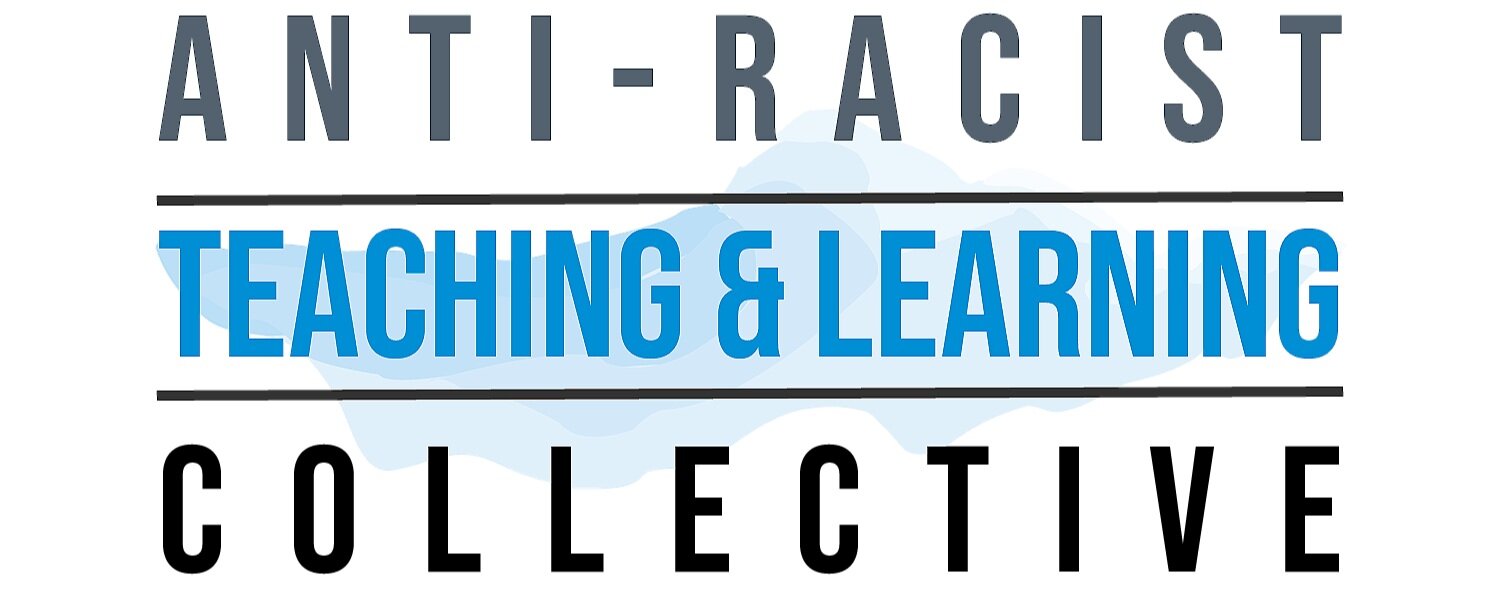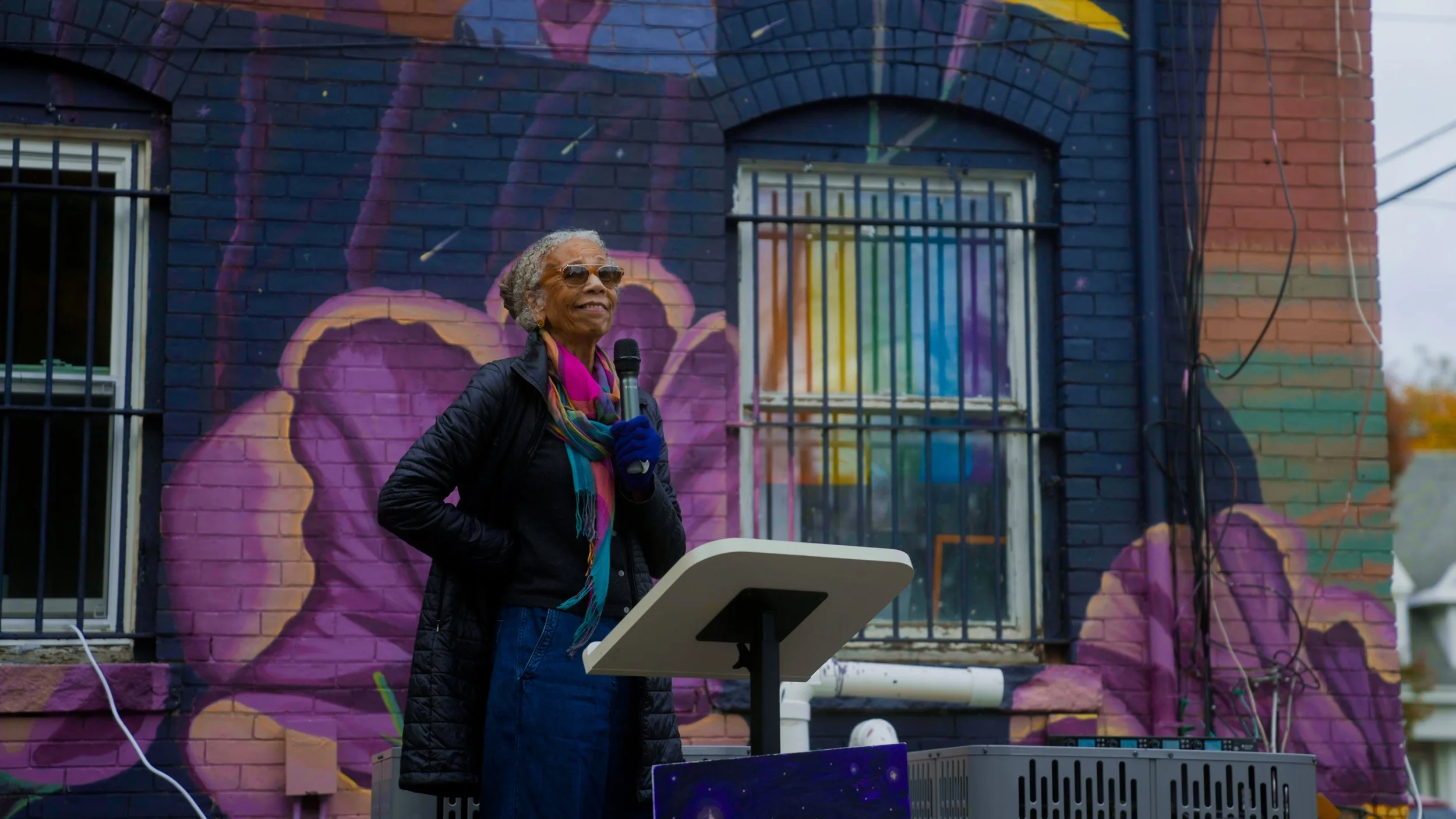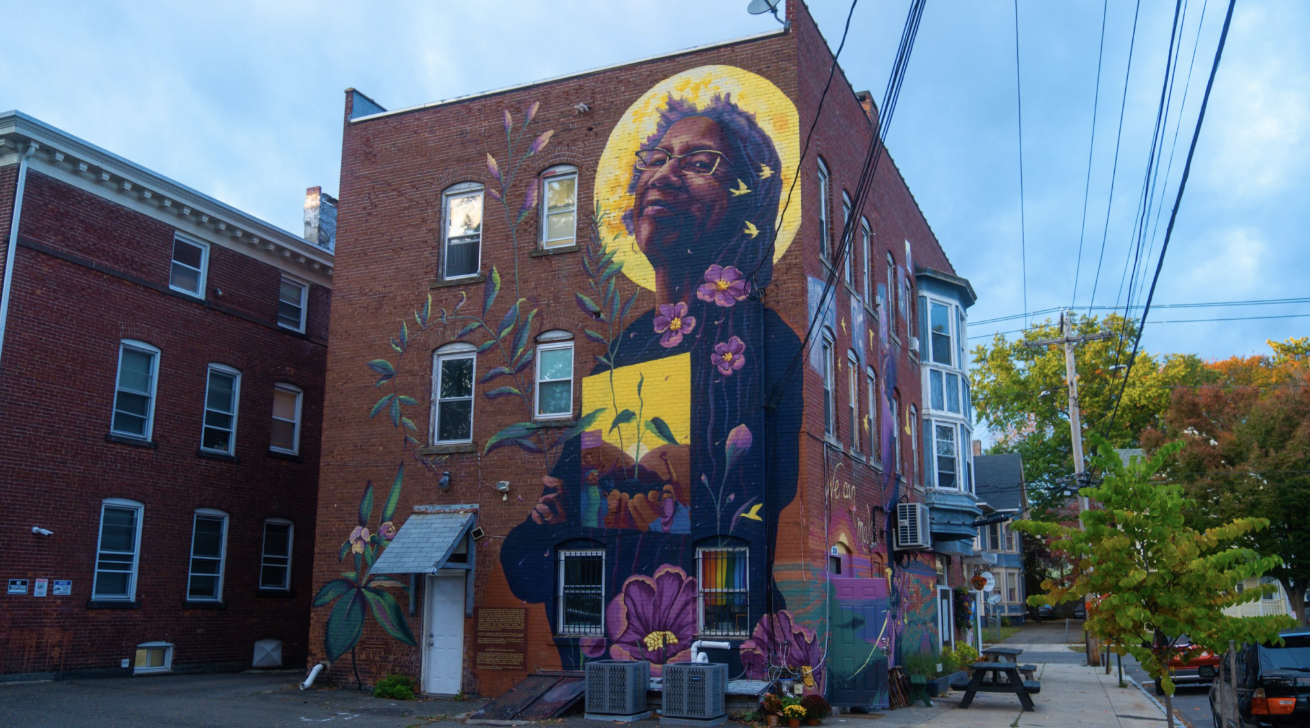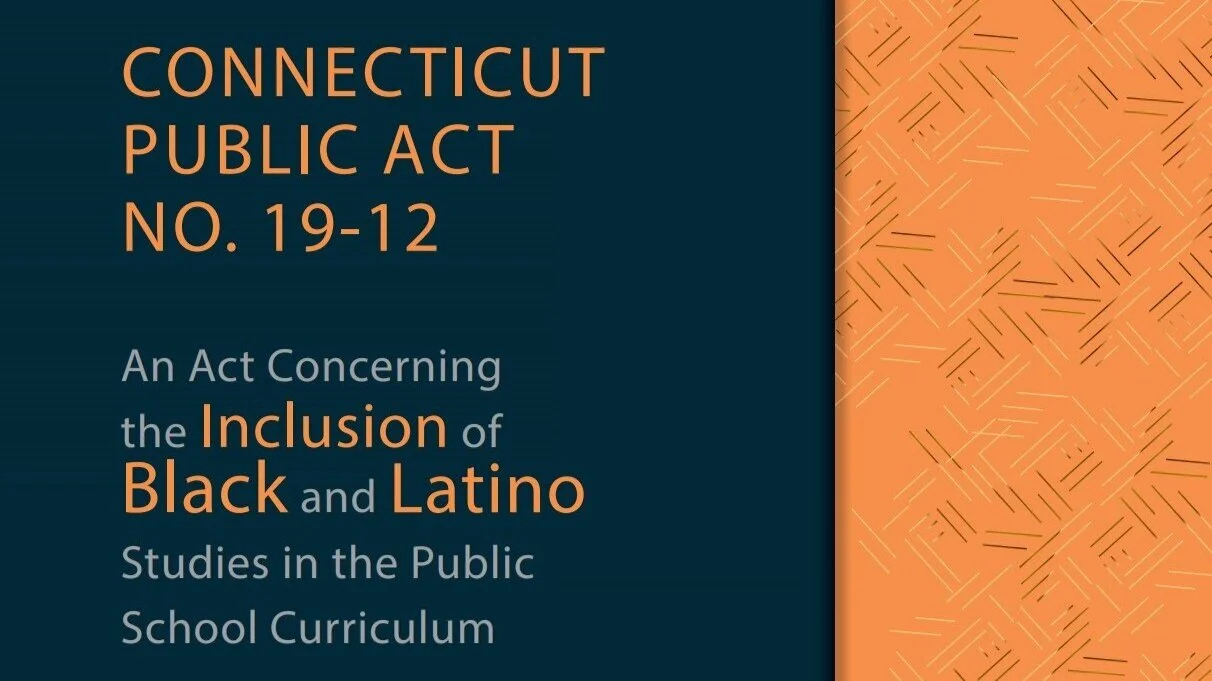Additional Resources
The ARTLC is working to compile the best resources for antiracist educators and anyone interested in antiracist pedagogy. In addition to our teacher-authored content, here we have external resources sourced from our community that may serve helpful to learning about and teaching antiracism in classrooms.
Educational Content
Curated content on anti-racism in education.
Abolition as Presence: Breakdown of Ruth Wilson Gilmore Mural
[Exhibit Under Construction] This exhibit follows the imagination, creation, and impact of the abolitionist mural dedicated to Ruth Wilson Gilmore, painted in 2023 . Located at Possible Futures bookstores, the mural holds ongoing intergenerational legacies of resistance surrounding Gilmore’s family, loved ones, and communities. The mural additionally represents how the people of New Haven honor Gilmore’s work through their own ways of creating freedom.
Photo Credits: Jess X. Snow
This exhibit hopes to capture bits and pieces of the many ways that people in New Haven and beyond have been creating freedom. While it highlights many moments, it is not exhaustive at all, especially considering how some forms of resistance are often more dismissed from the historical and contemporary memory. It feels impossible to capture all of the ways that people are imagining and practicing a better world ---but help us in trying. Use the google forms to add more fragments of beautiful history!
Photo Credits: Jess X. Snow
SERC Teaching Black and Latinx History Curriculum
Access the curriculum here. (July 7, 2021)
The State Education Resource Center recently released the curriculum for the Black and Latinx History Course that every high school will be mandated to offer in the Fall of 2022, per the Connecticut Public Act No. 19-12 (“An Act Concerning the Inclusion of Black and Latino Studies in the Public School Curriculum”). This curriculum serves as a guide for teachers teaching this course. The ARTCL has created a multitude of other resources to support teachers teaching this course, including a teacher-generated resource guide and Communities of Practice.
Resource Hubs
Websites to continue learning about anti-racism in education, and find resources for your classroom.
Zinn Education Project
The Zinn Education Project works to build from Howard Zinn’s A People’s History of the United States. The website contains an incredible amount of resources on almost every period of American history and culture. While the organizing logic of the site is not specifically antiracism, the Zinn project works to highlight subaltern histories of the United States. It offers resources for all ages and delves into specific themes and events, such as COINTELPRO, Cherokee removal, and the 1934 West Coast longshoremen strike.
The Gilder Lehrman Center for the Study of Slavery, Resistance, and Abolition
This Yale-based resource seeks to build an understanding history of Black people in the Thirteen Colonies and the fledgling United States. It is heavily focused on primary sources, featuring images, recordings, interviews, and an incredible breadth of other content for thinking about this period of history. Resources are well-indexed and highly modular.
The 1619 Project Curriculum
This project, conceived by Nikole Hannah-Jones and the New York Times, features resources that seek to build the history of Black America from the present day back to its eponymous year, when slaves were first brought to the United States. Uniquely, it features both the essays from the project itself as well as literary works supporting it. Although the project is mostly tailored to older students, it is both free and easy to access.
Yale-New Haven Teachers’ Institute
This website is particularly useful because its resources are largely crafted by educators themselves. As a result, the site is peppered with notes discussing how students responded to these curricular units, and how best to teach them. The lessons often deal with contemporary themes, something which is often difficult to come by. Additionally, there is a wide breadth of resources available for teaching sciences and math.
Stanford History Education Group
SHEG comes recommended from our history teachers and includes primary resources for lessons, assessments, and visual materials such as posters, as well as curriculum to help students develop critical online reasoning.
National Museum of African American History and Culture “Talking About Race” Web Portal
This resource, provided by the Smithsonian’s newest museum, features many tools for discussing race and having open and charitable discourse in classrooms. It is highly structured, meaning that educators using the resources are equipped with an incredible array of methods for building critical (but safe) conversations surrounding race in America.
Teaching Tolerance
Multiple teachers recommended Teaching Tolerance as a helpful entry-level resource for approaching a variety of topics. There are lesson plans and other classroom materials, as well as resources for professional development.
Anti-Racist Science Teaching
Short Wave listener and antibody engineer Esther Odekunle wrote in with a question: "Does genius absolve racism?" We don't think it does. Some of the most prestigious scientists in history advanced racist and eugenicist views. But why is that rarely mentioned in textbooks? Can racial justice and science history be incorporated into a science class?



